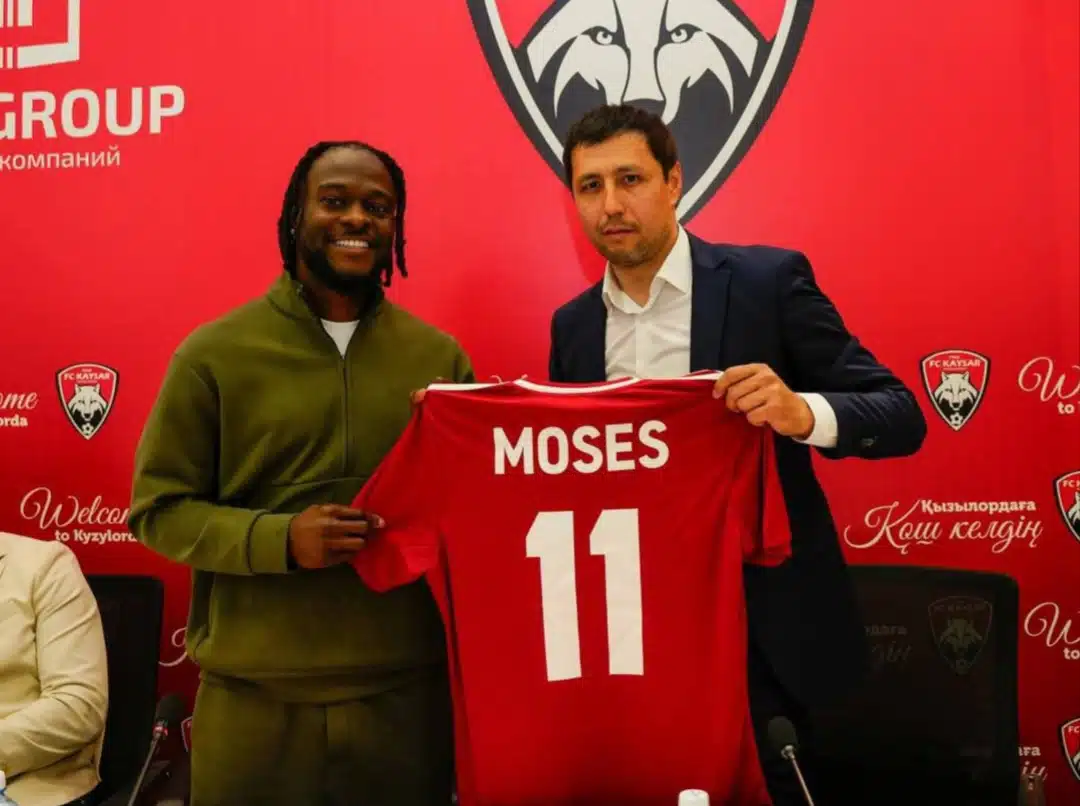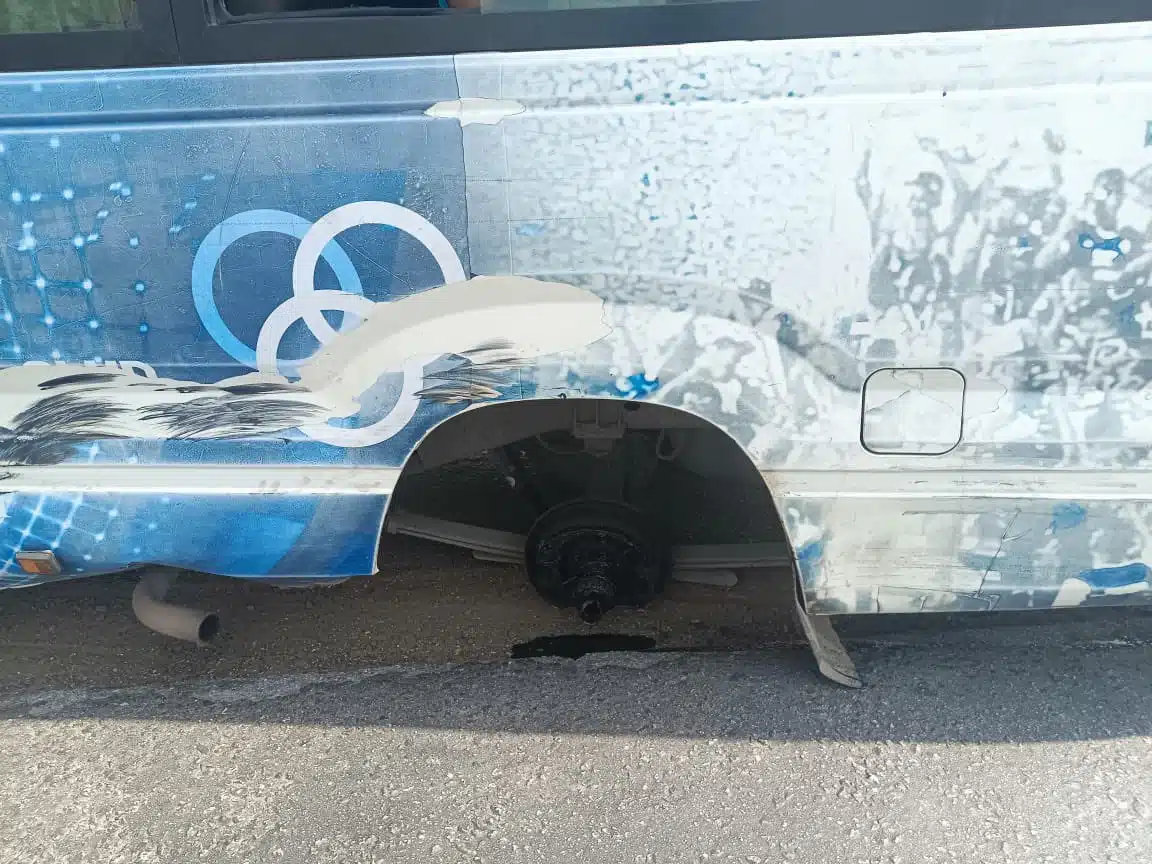Doctors in India were stunned after a baby was born with two heads, two hearts, and three arms, twins were born with two heads.
But sharing one body, are known as dicephalic parapagus twins – an extremely unusual form of conjoining that occurs once in a million births. The mother -Shaheen Khan and her husband Sohail – were expecting twins, but gave birth to one miracle baby.
Babies born with the condition are often stillborn, but the Khan twins born on March 28 in the state of Madhya Pradesh have so far survived and been admitted to a hospital in the city of Indore to be monitored by doctors while the mother, Shaheen remains in the district hospital in Ratlam.
One of the medics at the hospital, Dr. Lahoti, said: “These kinds of cases are rare and the condition of babies remains uncertain, especially in the initial days. Due to this, we have kept them under observation. We have not planned for any surgery on the patient.”
This birth comes after a 21-year-old woman delivered a baby with two heads and three arms in 2019, also in India, adaeventsnews gathered.
Similar cases of dicephalic parapagus have been reported around the world, including one in 2012 in Iran in which a triplet pregnancy resulted in two babies becoming conjoined and one being born separately. The Iranian conjoined babies had three arms and two heads but died five days after birth.
They had normal brains, a single liver in the midline with two gallbladders, one common bile duct, and a portal vein. Also, they had only one spleen in the left side, and three kidneys, two of them were in the left side and one of them was on the right side.
They had a single urinary bladder in the midline, two stomachs and in chest X-ray was seen two vertebral columns with a shared pelvis.
In 2018, a baby born with two heads survived an operation to amputate the second head. Two boys also born with the condition, also in India, in 2017, died just 24-hours after birth.
They had been immediately placed on a ventilator but doctors warned the parents that their chances of survival were “hopeless”.
READ ALSO: Why the Lagos healthcare sector remains poised for growth
The Siamese twins shared a liver and a pair of limbs but had separate lungs and hearts. The mother and father begged medics to save their children but were told such children do not survive and there is no possibility of surgery either as they share most of their body parts and in this case had just one pair of limbs.
Saturday Reportdailys findings reveal that dicephalic parapagus also known as parapagus dicephalic, occur when a single fertilised egg (embryo) splits and develops into two individuals.
The dominant theory on the origin of conjoined twins suggests that when the single embryo splits later, separation stops before the process is complete, leaving the babies joined. No such twins have been successfully separated,







